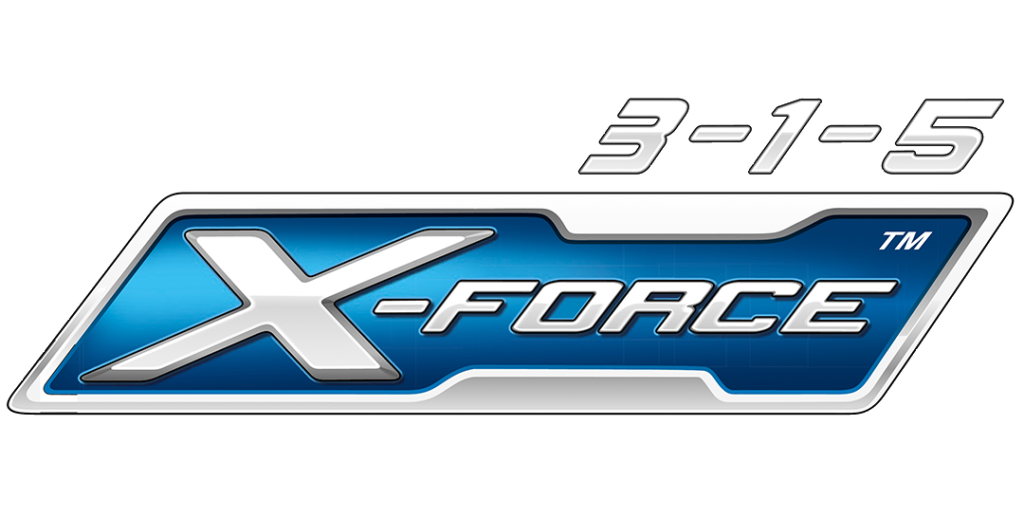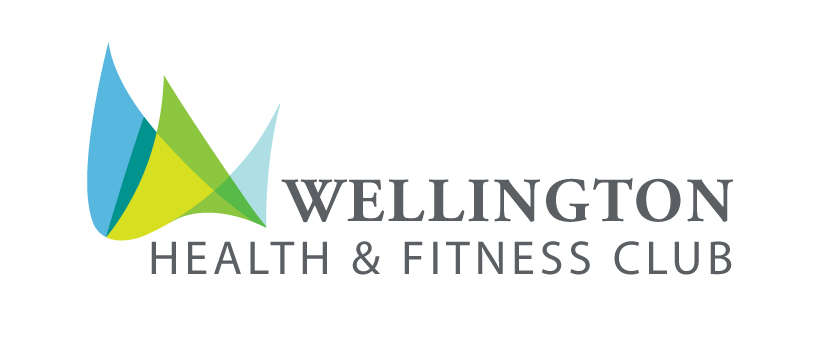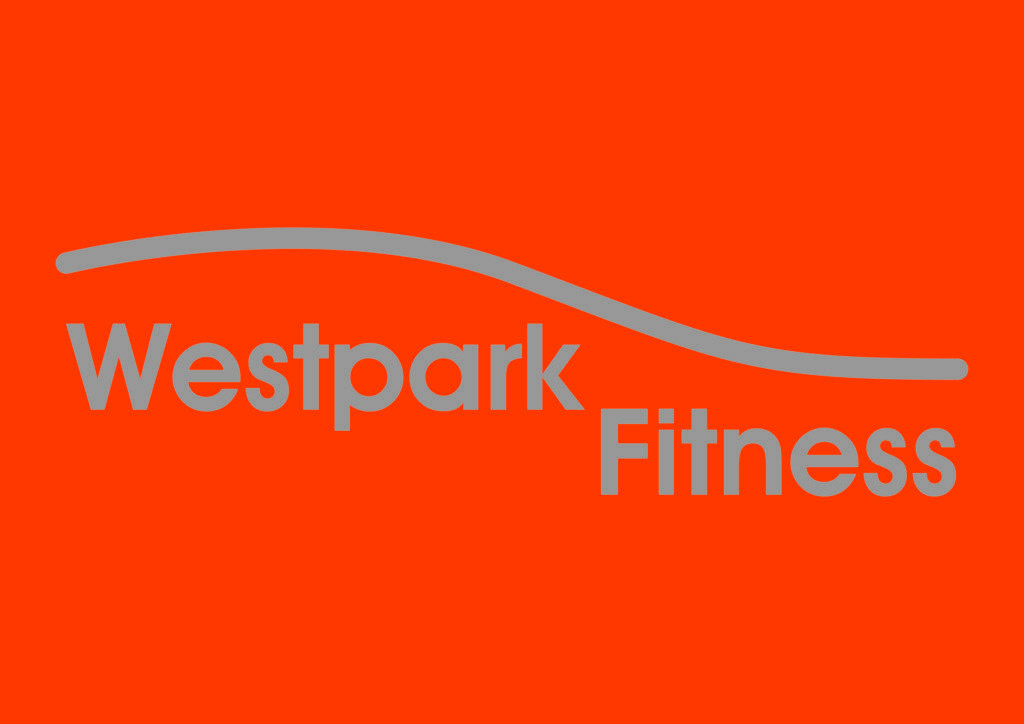Training Management Software | Compliance and Standards
Manage workforce training, track compliance certifications, and demonstrate competency across all your sites with training management software that links learning to operational requirements. OpsPal ensures staff hold current qualifications, complete mandatory training, and maintain the competencies needed for regulatory compliance, industry standards and safe operations. See how Stirling University uses OpsPal















































Track qualifications and certification expiry
Regulatory compliance and industry standards require staff to hold current qualifications, certifications and training for their roles. Expired credentials create serious risks — legal liability, insurance invalidation, regulatory breaches and operational failures from unqualified personnel.
OpsPal’s training management software
Tracks every qualification, certificate and training record across your entire workforce. See at a glance who holds current credentials, which certifications are approaching expiry, and where qualification gaps exist across sites or roles.
Automated reminders
Alert staff and managers 90 days before qualifications expire, providing time to book renewal courses without disrupting operations. This advance warning is critical for maintaining minimum qualified staff levels — ensuring you always have sufficient first aiders, qualified operators, certified technicians or licensed practitioners on site.
The system prevents unqualified staff from completing regulated tasks. Link qualifications to the activities they permit. If someone’s certification expires, they’re automatically blocked from signing off related tasks until recertification. This built-in safeguard prevents accidental non-compliance.
Multi-site training matrices show qualification coverage across all locations. Identify sites short of qualified personnel, enabling strategic recruitment, training investment or internal deployment to fill gaps. Compare training investment across sites to ensure equitable development opportunities regardless of location.
Ensure compliance with mandatory training requirements
Beyond formal qualifications, regulatory compliance and industry standards mandate specific training across various roles — health and safety induction, fire safety, manual handling, data protection, safeguarding, food hygiene, COSHH awareness and role-specific safety training.
Track which staff have completed mandatory training and which require courses. Schedule training delivery based on regulatory frequencies — annual refreshers, three-year renewals or one-time inductions. Generate compliance reports showing training completion rates for auditors, regulators or certification assessors.
Digital training delivery supports self-directed learning. Upload training materials, instructional videos, policies and procedures directly into the system. Staff complete induction training, role-specific courses and refresher modules at their own pace, accessing content on any device. This flexibility reduces time taken away from operations whilst ensuring consistent training quality.
Track training completion with individual accountability. See exactly who has completed which courses, when, and whether they passed competency assessments. This audit trail demonstrates systematic training management to regulators and supports defence against allegations of inadequate training.
Link training to the tasks and procedures requiring specific knowledge. When staff access high-risk procedures, they simultaneously access related training materials. This just-in-time learning reinforces safe working practices and provides reference materials for infrequent tasks.


Support competency frameworks and standards
Industry standards
Professional bodies and quality frameworks require demonstrable competency management — proving staff possess the knowledge, skills and experience for their responsibilities.
OpsPal supports competency frameworks by linking qualifications, training, experience and performance into individual competency records. Track not just what training someone attended but whether they demonstrate competence in practice. Link task completion quality, incident involvement and supervision requirements to ongoing competency assessment.
Record continuous professional development (CPD)
Alongside mandatory training. Track courses attended, conferences participated in, skills acquired and career development activities. This comprehensive training history supports staff progression, succession planning and demonstrates investment in workforce development.
Industry-specific standards often require specific training provisions. ISO 9001 requires competency-based training management. ISO 45001 mandates health and safety training records. Care Quality Commission (CQC) requires care sector training matrices. Quest and ukactive demand leisure sector qualification tracking. Whatever standards you work to, training management provides the evidence assessors require.
Competency-based task allocation ensures only qualified, competent personnel perform critical activities. Before someone can complete a high-risk task, the system verifies they hold required qualifications and completed relevant training. This systematic approach prevents competency failures that cause incidents, quality issues or compliance breaches.
Streamline induction and onboarding
New starter induction
Is critical for safety, compliance and performance. Ineffective induction increases incident risk, extends time to productivity and contributes to early attrition. Systematic onboarding ensures every new employee receives consistent, comprehensive induction regardless of which site or manager is responsible.
When new staff join, assign them to their site, department and team. Their individual user area automatically populates with induction training relevant to their role — organisation policies, site safety induction, role-specific procedures, equipment training and regulatory requirements.
Track induction completion showing which elements are finished and which remain outstanding. Managers see induction progress across their team, identifying new starters needing additional support. This visibility ensures nobody starts operational work without completing safety-critical induction components.
Digital induction reduces manager time whilst improving consistency.
Instead of managers delivering the same induction repeatedly, they focus on role-specific supervision whilst standardised content covers general requirements. This approach frees management capacity whilst ensuring nothing is missed during busy periods.
Role-specific induction pathways accommodate different job requirements. Site operatives receive facilities and safety induction. Customer-facing staff receive service standards and systems training. Managers receive leadership induction and compliance responsibilities. Technical specialists receive equipment and process-specific training. Each pathway contains only relevant content rather than forcing everyone through identical induction.
Re-induction supports role changes, site transfers or return from extended absence. When someone changes role, assign them to their new team and appropriate induction pathway appears. When staff transfer between sites, site-specific induction ensures they understand local procedures and risks. This flexibility supports internal mobility whilst maintaining safety and compliance.

Frequently Asked Questions
What is training management software?
Training management software is a digital platform that tracks staff qualifications, monitors certification expiry dates, records training completion, and ensures teams maintain the competency required for their operational roles. Instead of relying on spreadsheets or paper records scattered across filing cabinets, the software centralises training data with visibility at individual, team and organisation levels—showing exactly who holds which qualifications, when they expire, and where competency gaps exist.
The platform tracks industry-specific qualifications relevant to different sectors. Leisure facilities monitor NPLQ, First Aid, Level 2/3 Gym Instructor, Group Exercise qualifications and DBS checks. Educational establishments track safeguarding training, teaching qualifications and mandatory compliance training. Hospitality venues monitor food hygiene certificates, allergen training and health and safety qualifications. Manufacturing sites track equipment operation competencies, COSHH training and machinery safety certifications. The system adapts to sector-specific training requirements whilst providing consistent structure for competency management.
Training matrices provide three visibility levels. Individual staff access their complete training record through the notification bell area, seeing all their qualifications, expiry dates and outstanding training requirements. Team reports show qualifications for specific departments, helping managers ensure their teams maintain required competencies. Organisation-wide dashboards show training status across all sites, using colour coding to indicate which qualifications are current (green), expiring within 90 days (amber), or expired (red).
The fundamental value is making training management systematic rather than reactive. Instead of discovering expired qualifications when auditors visit or when incidents occur, managers see expiring certifications 90 days in advance through dashboard visibility. Training requirements can be attached to specific tasks, requiring staff acknowledgement before completion. When staff leave the business, the system automatically transfers their tasks to replacements, immediately highlighting any training gaps the new staff member needs to address.
How does training management software track employee qualifications?
Training management software tracks employee qualifications by storing certification details, expiry dates and training completion records in individual staff profiles linked to their operational roles. Each staff member has a digital training record accessible through their notification bell area, showing all their qualifications with colour-coded status indicators—green for current certifications, amber for qualifications expiring within 90 days, red for expired credentials. This visibility ensures staff understand their own training status and can see what needs renewing.
The system doesn’t just store static records—it actively monitors qualification status across the organisation. Training matrices provide three levels of visibility: individual staff records showing personal training history, team reports displaying qualifications for specific departments, and organisation-wide dashboards showing training compliance across all sites. Managers can filter views by qualification type, expiry date, team or location to identify where training gaps exist or which staff need renewal courses.
Training records are linked to staff profiles rather than task assignments, meaning the system doesn’t prevent staff from being assigned tasks they’re not qualified for. Instead, managers see staff competency when making assignments, allowing informed decisions about who should complete which activities. Training expectations can be attached to specific tasks, requiring staff acknowledgement of safety requirements or operational procedures before they can complete the task.
When staff leave the business, the system automatically transfers all their tasks and outstanding problems to their replacement, immediately highlighting any qualifications the new staff member needs to undertake. Log reports filtered by date range provide historical evidence of training completion, showing which staff completed which courses and when—creating the audit trails regulators and assessors expect for competency-based operations.
What are the challenges of managing training across multiple sites?
Managing training across multiple sites creates significant complexity because you can’t physically see which staff hold which qualifications without visiting each location or requesting updates from site managers. Spreadsheets stored locally mean head office doesn’t know organisation-wide training compliance until they compile reports from individual sites. Qualification expiry dates tracked manually mean certifications lapse before anyone notices. Staff moving between sites or covering different locations creates confusion about who’s competent for which activities at what venues.
Paper-based training records stored in site offices make multi-site coordination nearly impossible. When area managers need to understand training compliance across their portfolio, they request information from each site and manually compile spreadsheets. By the time this data arrives, it’s already outdated. When auditors visit multiple locations, each site produces separate evidence with no consistency in format or completeness. This fragmented approach means training gaps emerge during inspections rather than being identified proactively.
Training management software provides organisation-level dashboards showing training compliance patterns across all sites—percentage of staff with current qualifications, which certifications are expiring across the estate, where competency gaps exist. This high-level view doesn’t show individual staff detail; that requires drilling down to site level, which takes seconds. Site managers then see specific information about which team members need renewal courses, which qualifications are expiring within 90 days, and which staff have expired credentials.
Multi-site managers can compare training compliance across locations, identifying which sites maintain standards and which need support. When staff move between sites or when new employees join, their training records transfer automatically, ensuring operational continuity regardless of staff changes. This systematic visibility means training management becomes proactive rather than reactive—managers see expiring qualifications 90 days in advance through colour-coded dashboards rather than discovering expired certifications during audits or after incidents occur.
How do you ensure staff training compliance?
Ensuring staff training compliance requires visibility of who holds which qualifications, when they expire, and whether staff have acknowledged the training requirements attached to their operational tasks. Training management software creates this visibility through colour-coded dashboards showing qualification status in real time—green for current, amber for expiring within 90 days, red for expired. Managers see training compliance across their teams without requesting updates from individual staff or manually checking spreadsheets.
Training matrices provide instant reports showing qualification status across teams or the entire organisation. These reports identify which staff need renewal courses, which certifications are approaching expiry, and where competency gaps exist. When qualifications are expiring within 90 days, the amber status on the dashboard prompts managers to schedule refresher training before credentials lapse. This proactive visibility prevents the reactive scrambling that occurs when expired qualifications are discovered during audits or after staff attempt to complete tasks they’re no longer competent for.
Training expectations can be attached to specific tasks, requiring staff acknowledgement of safety requirements or operational procedures before they can complete activities. This ensures staff understand the competency requirements for their work rather than assuming they remember training from months or years ago. When procedures are updated with new safety information, staff receive in-app bell notifications and must acknowledge changes, creating audit trails showing training communication reached the people who need it.
Log reports filtered by date range provide historical evidence of training compliance—which staff completed which courses, when certifications were renewed, who acknowledged updated procedures. When auditors or assessors visit, these reports demonstrate systematic training management maintained over time rather than temporary compliance achieved for inspection visits. The system tracks training records at individual, team and organisation levels, providing the comprehensive evidence regulators expect for competency-based operations.
Why is digital training management better than spreadsheets?
Spreadsheets require manual updating every time qualifications are renewed, rely on someone remembering to check expiry dates, and provide no visibility of training compliance unless you open the file and review it. When staff complete training courses, someone must manually update the spreadsheet and hope they record the correct expiry date. When qualifications are approaching expiry, there’s no automatic reminder—you hope someone checks the spreadsheet regularly. When auditors visit, you compile training evidence from multiple files scattered across different locations with no guarantee the information is current or complete.
Digital training management software creates automatic visibility through colour-coded dashboards showing qualification status in real time. When qualifications are current, they appear green. When expiring within 90 days, they turn amber, prompting managers to schedule renewal courses. When expired, they appear red, immediately highlighting compliance gaps. This visual management means training status is continuously visible to everyone who needs to see it—staff see their own training record, managers see their team’s compliance, senior management sees organisation-wide patterns.
Spreadsheets become unworkable for multi-site operations because you can’t see training compliance across locations without requesting updates from each site and manually consolidating data. By the time this information arrives, it’s already outdated. Digital systems provide organisation-level dashboards showing training patterns across all sites, with drill-down to site level taking seconds. When staff move between locations or when employees leave and replacements join, training records and task assignments transfer automatically, immediately highlighting any qualifications the new staff member needs to address.
The fundamental difference is proactive visibility versus reactive discovery. Spreadsheets hide training compliance until someone opens the file and checks—expired qualifications are discovered during audits or after incidents occur. Digital dashboards make training status visible continuously, enabling managers to maintain compliance proactively. Training matrices provide instant reports for assessors rather than frantic evidence compilation. Staff see their own training requirements rather than relying on managers to tell them what’s expired. This systematic approach creates the audit trails and continuous compliance that spreadsheets simply cannot deliver.
Book a Call With Our Team
We’re on hand for any questions you may have. Simply book a meeting using our booking system and we will talk you through any questions.
